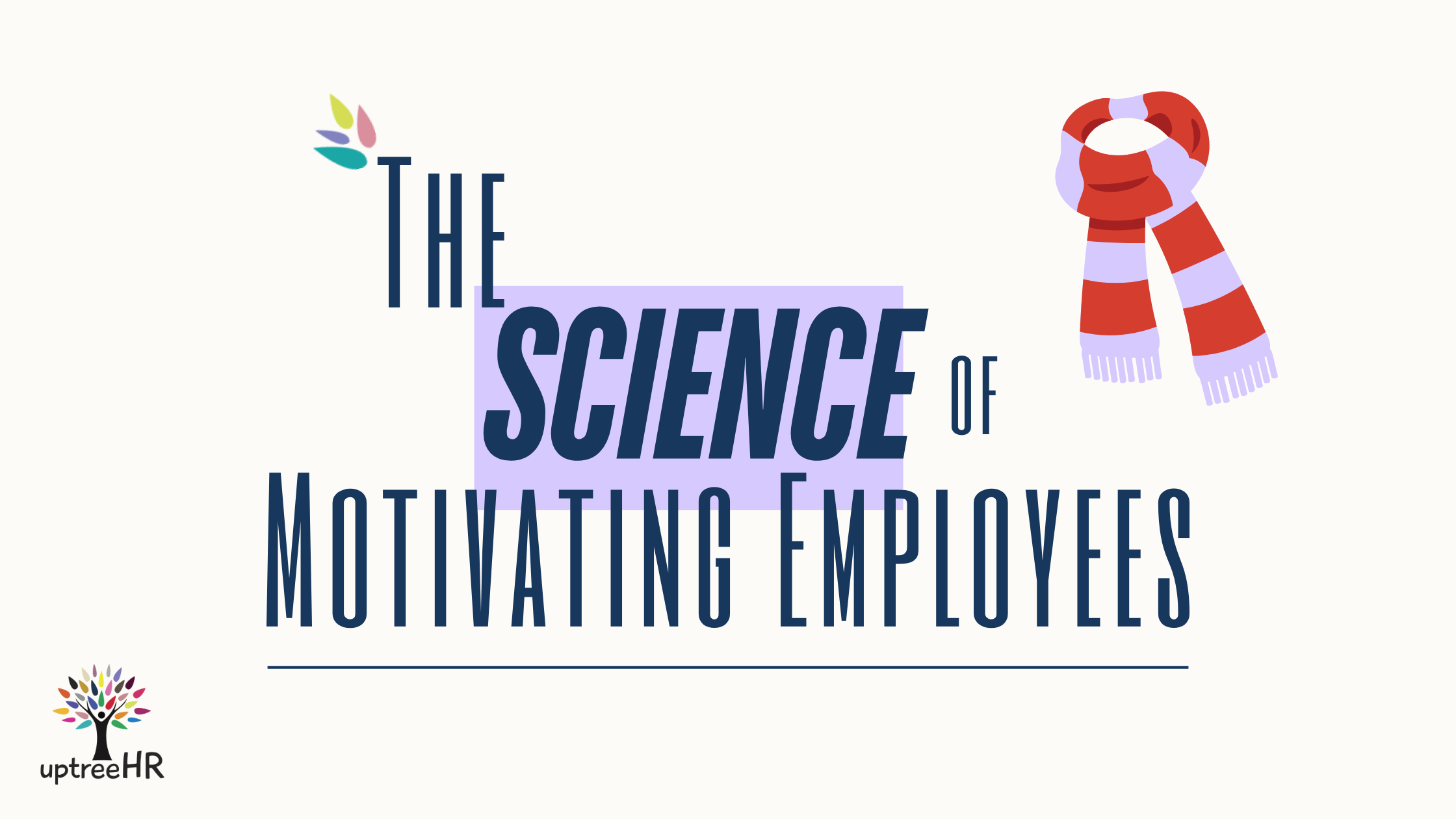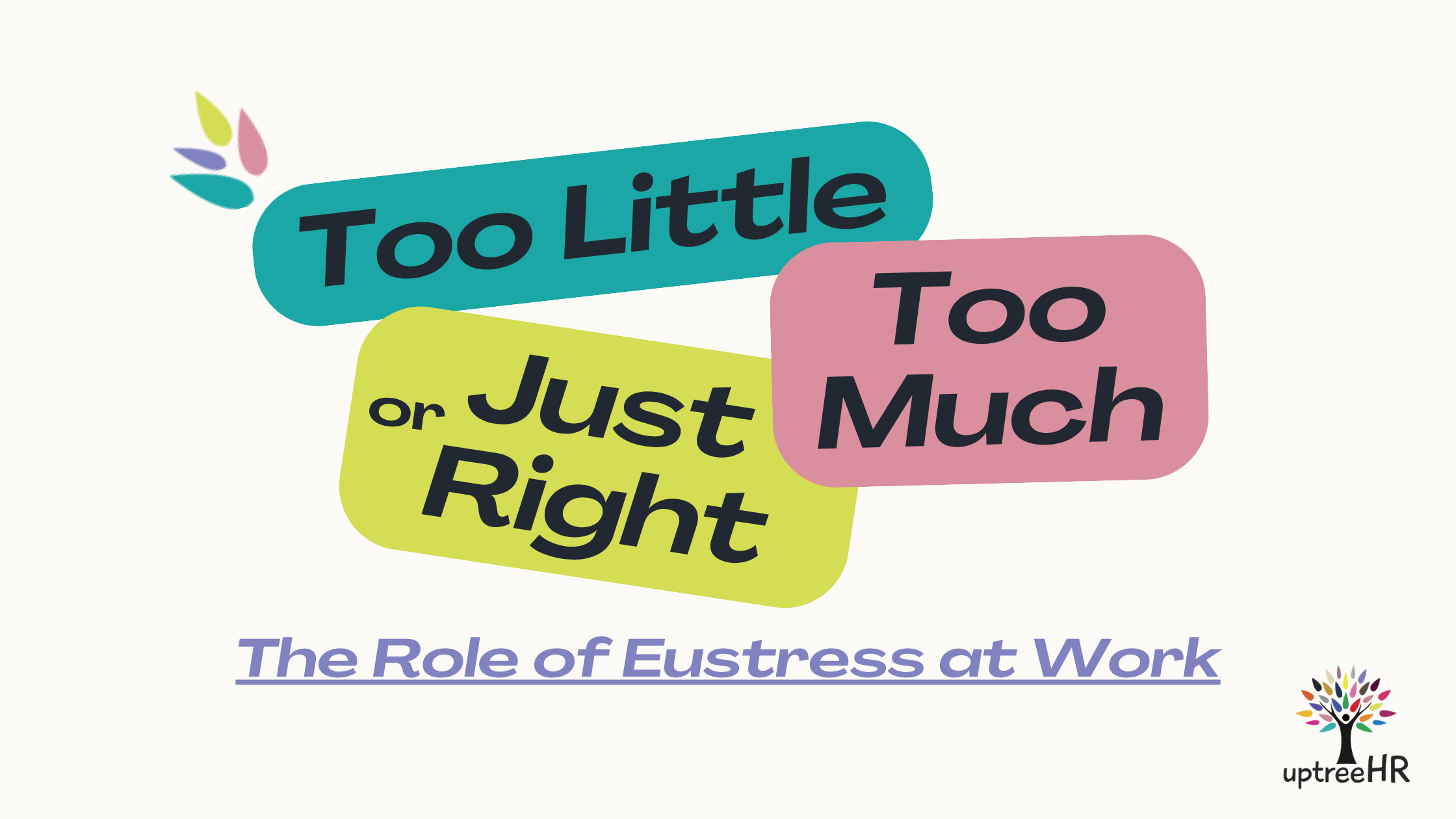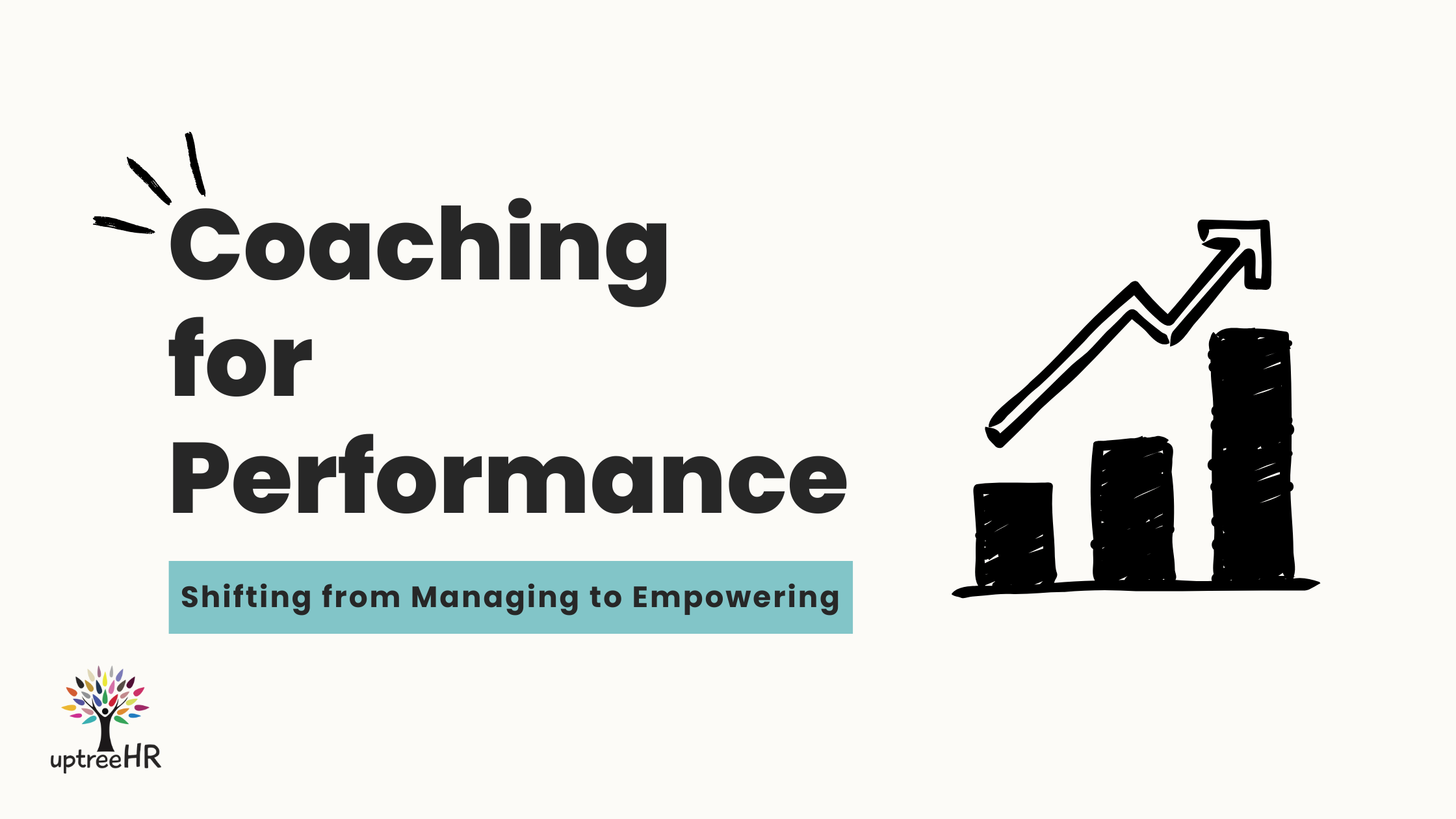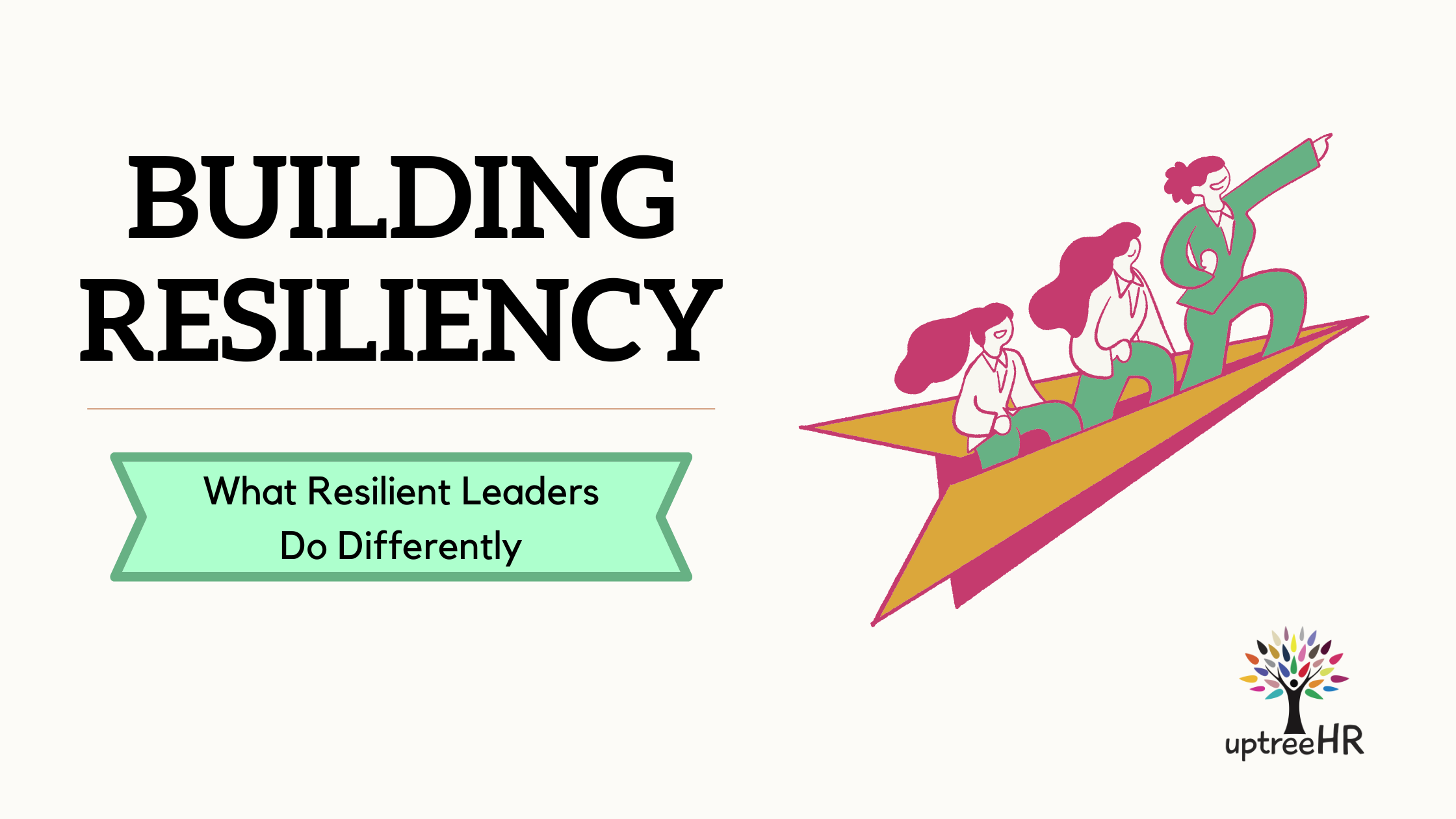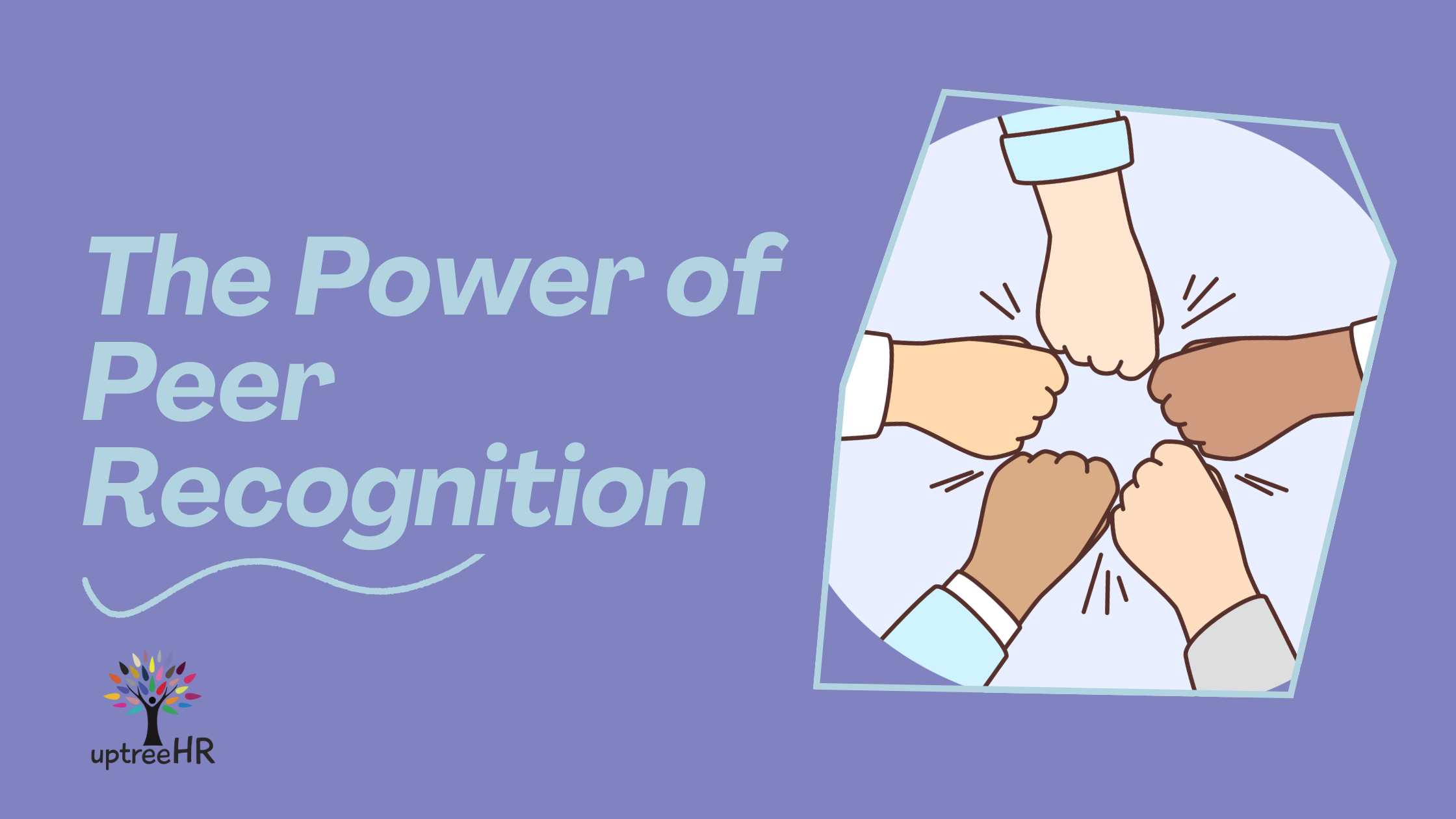
I recently facilitated a team-building session at an organization’s annual staff retreat, and one of our goals was to boost team cohesion. To help with that, I brought in one of my favourite activities: Going around the room and having each person highlight one or two strengths they’ve noticed in the person next to them, passing it around the circle.
There was some blushing, some joking, but I could tell, every person in that room lit up when it was their turn to hear from their team what strengths they feel they have. I felt an instant energy shift after this activity.
This is what I like to call the power of peer recognition.
What is the Power of Peer Recognition?
I like to compare peer recognition to parenting. Say you ask your kid to clean their room. It instantly makes them not want to do it anymore, just because you asked. Or say you compliment your kid on their new outfit for school. You might get an eye roll, compared to if they heard the same compliment from a friend or a classmate.
Peer recognition follows the same principle. Sometimes, positive feedback means more when it comes from the people you work with, not the person you work for. It can feel more authentic, unforced, and more clearly rooted in real day-to-day interactions. These are the people who see your work up close, so when they speak up and share what they appreciate about you, it sometimes lands deeper than any feedback you could give as a manager.
That’s exactly what I observed in that retreat session. After the activity, participants were engaging differently with their team. Conversations were more open, authentic, and positive. You could almost feel people thinking, “Wow, they really see me. Maybe I’m contributing more than I thought.”
So why does this make a difference? Well, confidence is contagious. If employees feel recognized, they show up with more energy, more empathy, and more willingness to collaborate. The entire team can benefit from that type of shift.
Why Peer Recognition Works So Well
Peer recognition taps into a few powerful psychological drivers:
- Belonging: Feeling valued by those around you reinforces that you’re part of the group, not just someone filling a role.
- Credibility: Peers witness your work in real time, so their feedback often feels more grounded and genuine.
- Motivation: Hearing how you positively impact a colleague’s day creates intrinsic motivation. People naturally want to repeat behaviours that make others’ lives easier.
The best part of this is that peer recognition doesn’t require big budgets, complex systems, or elaborate initiatives. It just requires intention!
Building Peer Recognition into Everyday Culture
Organizations often focus their efforts to engage and motivate employees by building complex recognition programs, formal performance reviews, or top-down feedback models. These have their place, but the biggest culture shifts can sometimes come from the simple, informal moments: A quick “I appreciate how you handled that client call,” or “You’re always the person who stays calm under pressure.”
Encouraging teams to normalize this kind of acknowledgement creates an environment where peer recognition can be an everyday event. Leaders can model it, but it becomes most powerful when employees take ownership of it themselves.
This can be done through structured activities (like the one at the retreat), facilitated discussions, or even simple check-ins where team members mention one thing they’ve noticed or appreciated that week. The more you create moments for peer recognition, the more recognizing others informally becomes a natural part of your workplace culture.
The Takeaway
The retreat reminded me just how transformative peer recognition can be. People who feel genuinely seen by their colleagues show up differently. Teams become more trusting, more cohesive, and frankly, happier.
If you’re looking for a simple way to elevate your team’s culture, start with this: give people space to celebrate each other. The results speak for themselves.
Addy Smith, CPHR, is an HR Partner at uptreeHR, an outsourced Human Resource department for small to medium-sized businesses. Addy and the team are based in Halifax, Nova Scotia.
To book a complimentary 30-minute consult with uptreeHR, click here.
Leave A Comment
When we think about stress at work, our minds often [...]
When I deliver team training on coaching for performance, I [...]
Change has become the constant in today’s workplace. Whether it’s [...]

